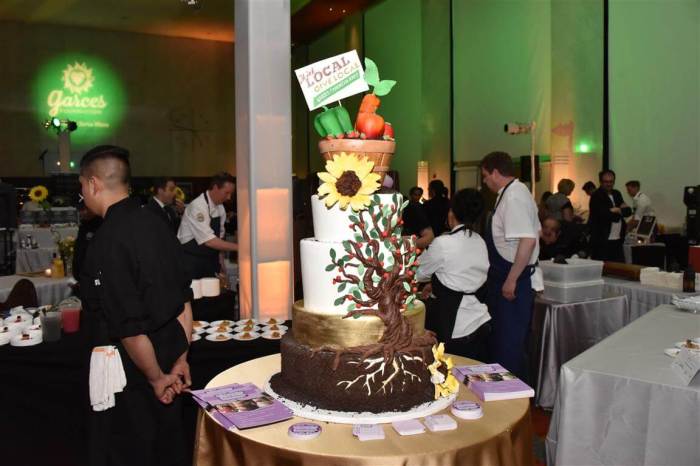To the people walking through Washington Square on a Tuesday evening, Occupy Weed Street’s 4/20 Fight Club might only look like a mismatched group, in various stages of smoking marijuana and learning capoeira moves.
Peel back the layers, and you have more interesting characters, co-founders who quit their day jobs to educate the masses on marijuana legalization, and who are crowdfunding to keep the electricity on in their Williamsburg apartment. Founder of the Global Marijuana March and marijuana activist-legend who is working to start an Ibogaine clinic in Kabul to rid heroin users of the addiction. A filmmaker.A business developer who wants everyone to know their constitutional right to jury nullification.
And they have more important things they’re working on than practicing handstands,re-packing their one-hitters and almost kicking oblivious passersby in the face. They’re creating a “grassroots army” behind New York Senator Liz Krueger’sMarijuana Regulation and Taxation Act, which she plans to introduce this January.
“For me, it’s about promoting martial arts as much as it is promoting marijuana,” said Harrison Tesoura Schultz, 31, who founded Occupy Weed Street with his girlfriend, Lorna Shannon. “Marijuana is the bait, but martial arts is the switch; I want marijuana to be a gateway to martial arts.”
“One of the things I hate about going to meetings with activists is they’re just contentious, unproductive,” Schultz said. “I want to give people a way to come, get their aggression out before the meeting … when we’re done, all stoned and tripping on endorphins, the adrenaline buzz, then let’s talk.”
Schultz and Shannon, 30, quit their jobs about a year ago, a data analyst and teacher, respectively, to focus on marijuana legalization and promoting what they call a “Green New Deal.” Their weekly meetings include Tuesday’s 4/20 fight club, and a Monday vigil outside of the Federal Reserve.
Shannon can pinpoint the exact moment when she knew marijuana was worth fighting for. She was 19, living in an apartment where marijuana plants were growing, and the police showed up after she had a verbal fight with her boyfriend at the time.
She received a summons for some “seeds and stems” and smoking paraphernalia. But the cops didn’t find the 75 plants growing just a room away in the small apartment.
“I could have been in federal prison today … my life hung by a thread,” Shannon said. “It was definitely a wake up call, like, is this something I’m willing to put that much of a risk to have in my life, and the answer was yes.”
Fight club is the night to let loose, do handstands in front of the fountain, smoke and spread the word.
“It’sabout legalization but it’s also about creating art, making fun as it’s happening, because at the end of the day if they don’t legalize marijuana, we’re out here talking politics if nothing else,” Shannon said. “Peoplebecome more engaged.”
While the group is working to dispel “stoner myths,” there is some stereotypical behavior for sure: Schultz and the others warm up with a game of hacky sack. A tambourine shakes, an acoustic guitar is strummed.
The main event is the “toke of the week,” a premium joint smuggled back on a flight from Chicago, and dedicated to Krueger. Then, a quick meeting. Schultz talks aboutcapoeira and Occupy Weed Street. Dana Beal, a longtime marijuana activist, speaks about his work with Ibogaine, a plant he believes can cure heroin addiction with a single dose.
“We’re not lazy, we’re not stupid, we’re not undisciplined,” Schultz tells the small and captive crowd. “This is a gateway to a healthier lifestyle, this is preventative medicine, this isn’t something we should be doing in a closet anymore, this is something we should be doing in public like we are here today.”
Schultz continues: “I just smoked a s***load of pot, let’s smoke some more pot, and i’ll show you some capoeira.”


















